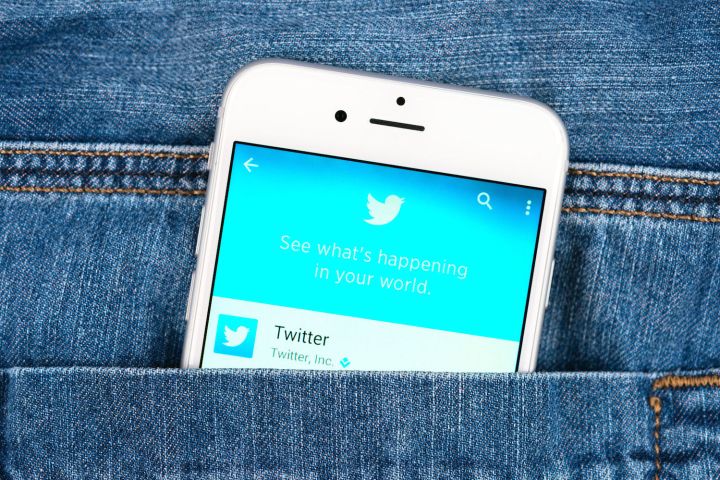
“When I first scraped through Twitter data I found automation,” Zafar Gilani, a Cambridge PhD student who led the research, told Digital Trends. “I immediately wanted to see if bots exist on our social platforms because, if they do, that opens up a whole array of questions. What are they doing? Who created them? Are they bad? How do they impact our lives?”
To identify the Twitter bots, Gilani and his team used Botometer, which analyzes a Twitter account’s data in search of bot-like activity. To their surprise, they found the system to be imprecise, so they took a manual approach and instead asked undergraduate students to review accounts, looking out for bot-like signals such as account creation date, the type of content posted, and tweet frequency.
The students analyzed a total of 3,535 accounts, determining that 1,525 were bots and 2,010 we humans. From there, the researchers created an algorithm that uses 21 features to pinpoint bots. Applying their algorithm to Twitter, they were able to identify bots with roughly 86 percent accuracy.
There are some clear signals that can be used to spot bots, such as the number of tweets from a given account. Gilani and his team discovered that “celebrity” accounts with ten million or more followers share some of these features.
“Bots typically tweet a lot and upload content … in order to gain attention of their audience,” Gilani said. “Celebrities too do exactly that, but instead of uploading depersonalized content, like bots do, they upload and share content and news from their daily lives.”
For Gilani, it’s not much of a surprise that celebrity accounts act in bot-like ways. Indeed, seen from another perspective, perhaps it’s the bots that behave like celebrities.
“Bots exist, and they evolve, just like humans do, because we create them,” Gilani said. “They behave — good or bad — as humans do. They are a manifestation of our online lives.”

